The power to change in the Criminal Justice System
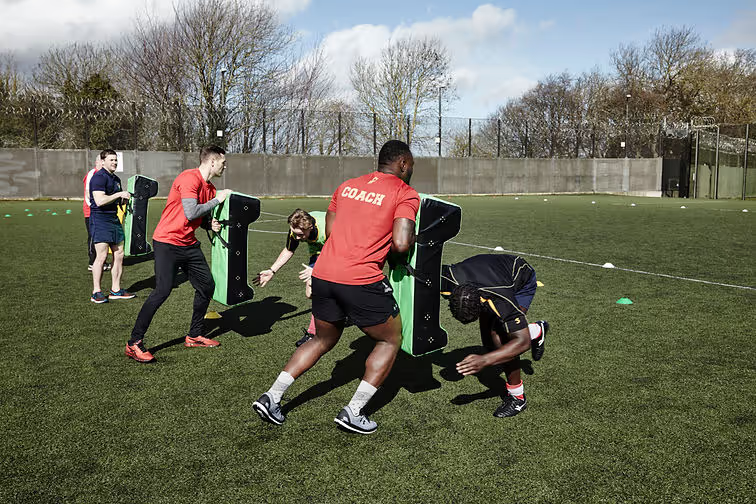
Over the past 10 years, since 3Pillars Project was first conceived, we have had the pleasure of working with the broadest group of athletes imaginable. People who have played at Wembley, fought for international titles, broken national records, but also men who have struggled with addiction, those who never reached their full potential and even those who do not have a single ounce of natural athletic ability.
I’ll let you into a secret, those ‘ungifted’ athletes are the most rewarding to work with.
Teaching someone who can not catch, can’t run particularly well and does not grasp the rules is a wonderful challenge, but it also exemplifies why teaching someone a new sport is such a gift. It’s a new language, a community and skill; a gift to someone who was not expecting to fit in.
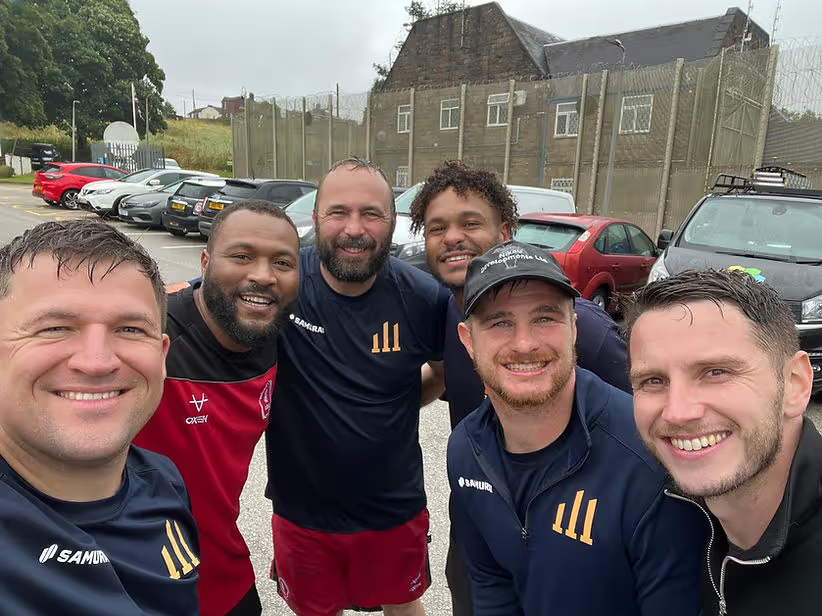
Rugby has a unique value. I am a lifelong rugby fan, player, coach, wannabe. My aspirations far outstrip my natural ability. But what I have realised about rugby is that it is one of the most accessible sports; particularly for the unathletic. Notwithstanding other accessible variants of the game; touch, walking, tag and wheelchair rugby. If you are prepared to get a bit bruised and bashed, rugby is for anyone.
Whatever your shape and size, you just need to be able to catch a ball (infrequently for some positions), run or walk in a direction and throw your body into harms way. These are by and large everyday skills; whether you’re running for the lift, squeezing onto a tube, or stopping your toddler from throwing your phone onto the ground for the third time in succession; rugby is just a variation of everyday life.
This is why rugby is such an excellent sport to teach in prisons. Barely anyone has played it before, but pretty much everyone can learn. Bringing with it new relationships, skill-building, opportunities for growth and resilience.
The value of sport in prisons is often mislabelled. I hear a lot of emphasis on health, fitness and wellbeing. Yes it is good to eat well and exercise. But there is not enough talk of the broad holistic and rehabilitative benefit of sport and competition; it’s the modern form of play that allows us to learn about ourselves. Plenty of times I’ve contravened my health & wellbeing by playing sport…
But does it help you to feel challenged, and encouraged to learn (rugby has 21 Laws) - Yes
Does rugby make me feel part of a team, a community…
Does it make me feel alive - Absolutely.
Sport in prison to me is about building bonds in custody that positively shape the community in that moment, and it is about using those bonds to support people beyond custody. An 8 week course is only the starting point. Hopefully it’s a powerful opportunity to build a new future. You find when you belong to a team that there’s this inescapable urge to want to fit in with the culture of the team, especially if it is a positive one. We are creating team cultures that are inclusive, focusing on a consensus of striving to be better humans.
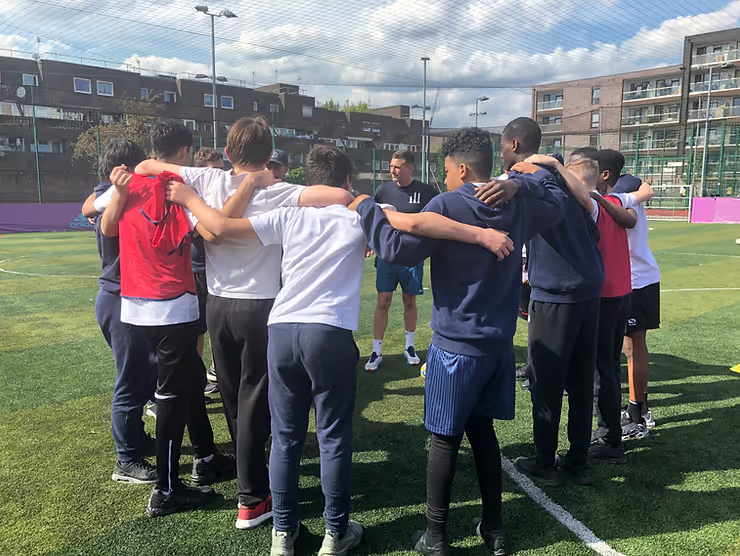
Many of our participants have been labelled lost causes. Often by themselves. But together we repeatedly learn that they are not.
It’s time we start using sport to set the bar higher. It’s not just the act of playing sport. It’s not enough to play 5-aside football or lift a few weights for your health & wellbeing.
Prison is an artificial environment. And rehabilitation environments that are closer to everyday life are essential. What you feel when you play sport is real. It’s emotion and challenge, opportunity and community. If channeled correctly, it shapes character.
We should be asking every person in custody “How will you challenge yourself today”?! How can I take responsibility for who I am and be better.
A team facilitates this accountability. And for me, it is a catalyst for change.
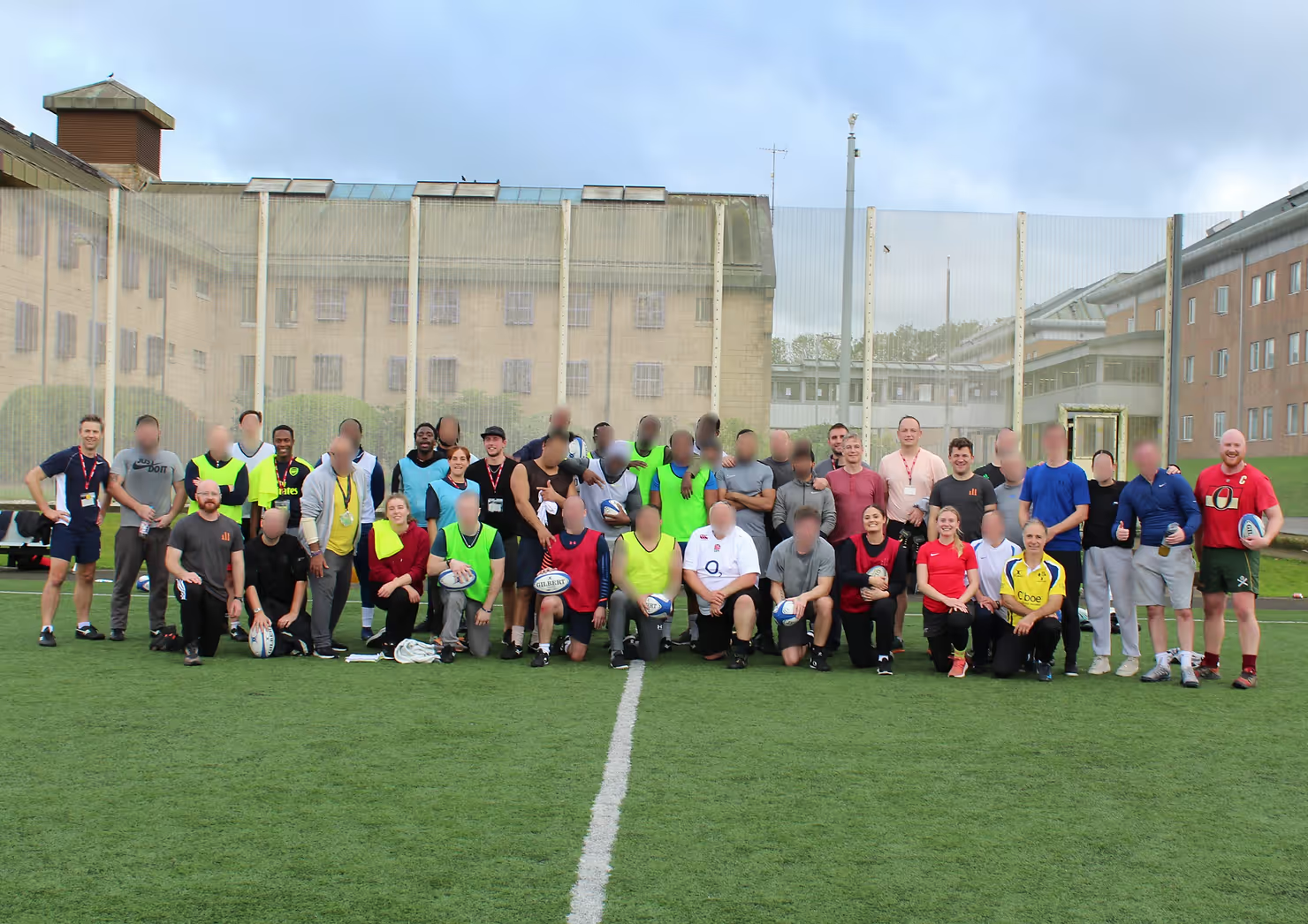
Related posts
Explore our latest blog posts and updates.
Join Us in Making a Difference
Help us spread the word and support our mission to empower young lives through sports.
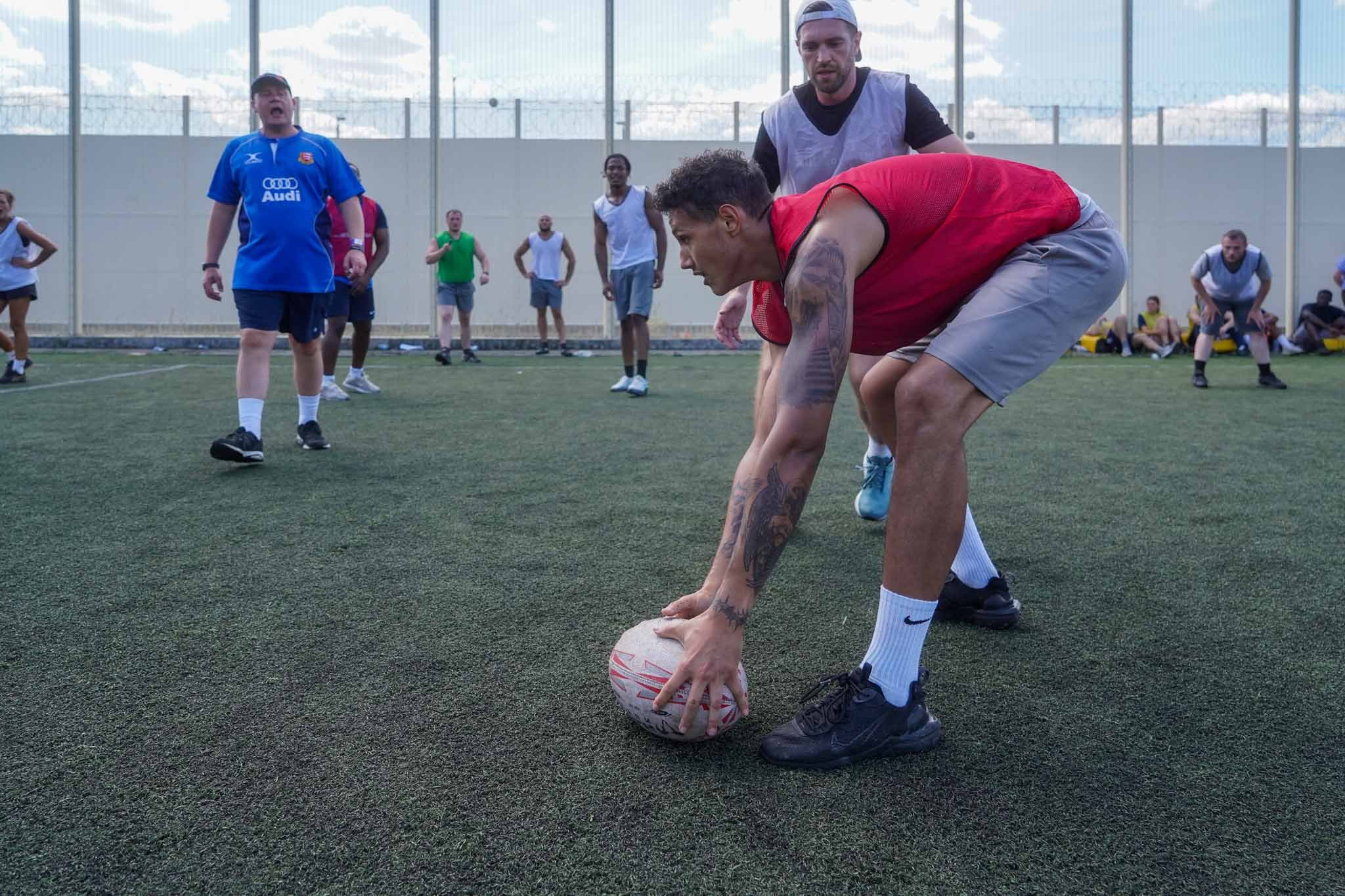
FAQs
Here are some common questions about our programmes and how you can get involved.
Sports mentoring involves using sports as a tool to guide and support young individuals. Through structured activities, mentors help participants develop essential life skills. This approach fosters personal growth and encourages positive behaviour changes.
To volunteer, simply visit our 'Get Involved' page and fill out the application form. We welcome individuals who are passionate about making a difference in young people's lives. Training and support will be provided to all volunteers.
We collaborate with prisons, schools, and community organisations to maximise our impact. These partnerships enable us to reach more young people in need. Together, we create a supportive network that fosters growth and opportunity.
Our programmes have significantly reduced reoffending rates among participants. We have numerous success stories showcasing personal transformations and improved wellbeing. By partnering with local organisations, we create sustainable pathways for education and employment.
Donating is easy! Visit our 'Donate' page to choose your preferred method of giving. Every contribution, no matter the size, helps us continue our vital work.
Still have questions?
We're here to help you!

.avif)
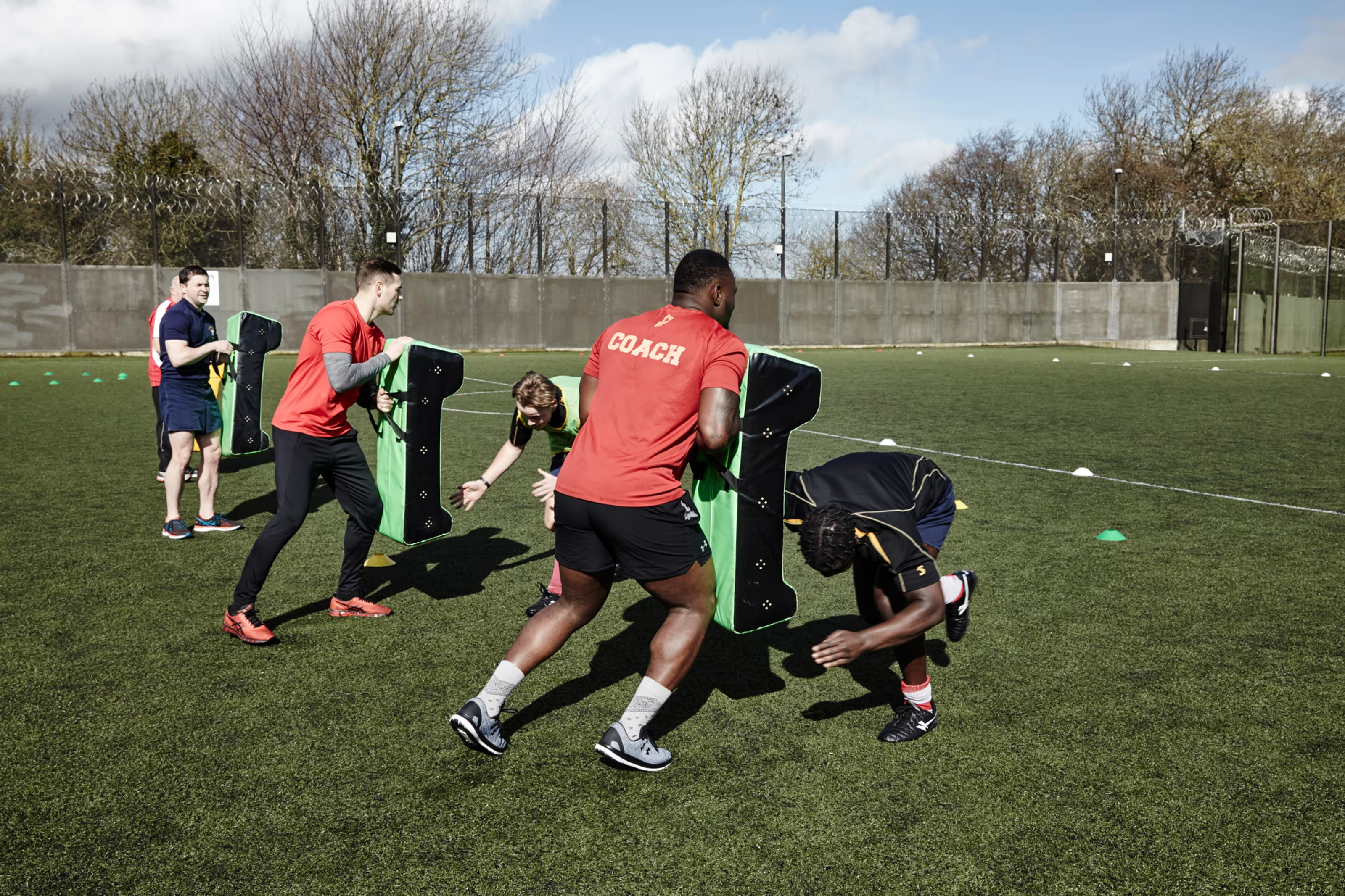
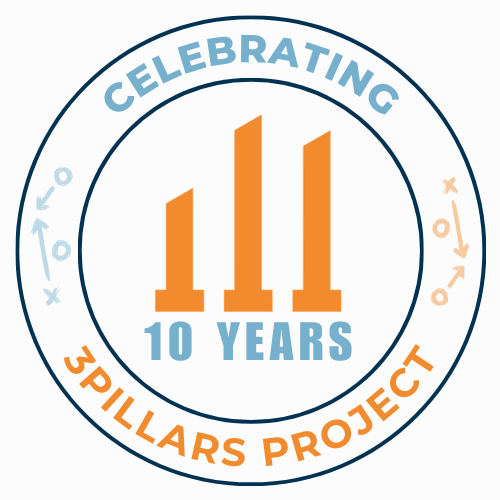
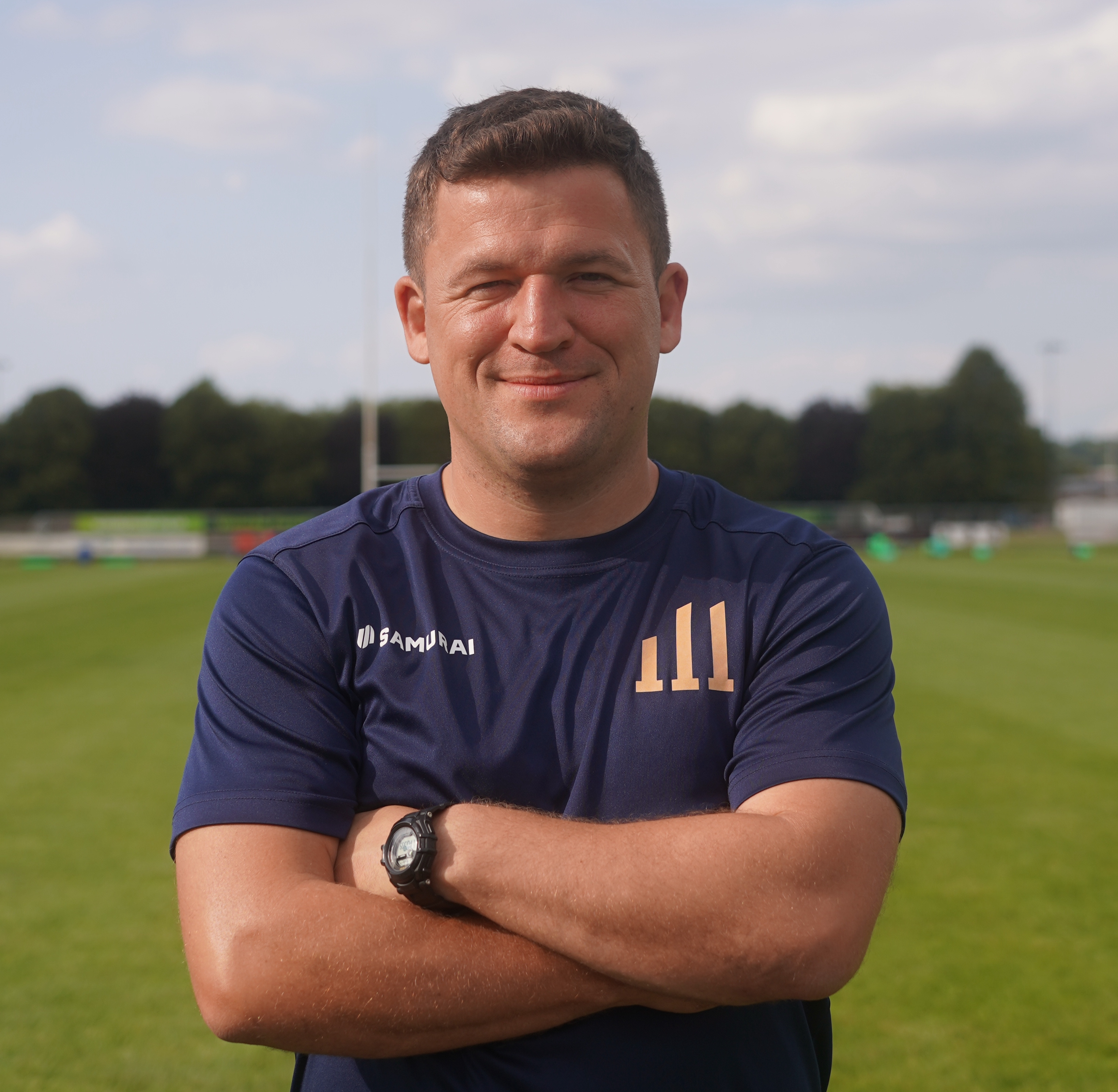

-2.avif)
